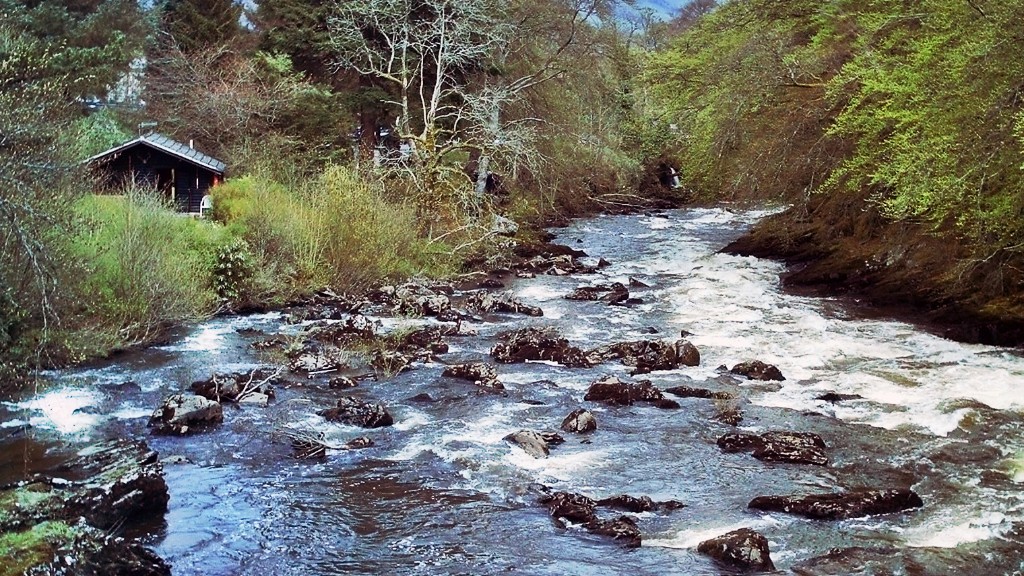Background Information
The Mississippi River is the second-longest river system in the United States, and its flow rate is notoriously sensitive to changes in the environment and climate. The speed of the water in the Mississippi River depends greatly on many different factors, including the season, rainfall, and other such environmental factors. Measuring the exact flow rate of the river is challenging, but studies have been able to calculate an average speed of 1.2 to 1.7m per second, depending on the region. The speed of the water at any given time can also differ greatly, ranging anywhere from as slow as 0.3m per second to speeds surpassing 6m per second.
Relevant Data
The speed of the flow of the Mississippi River can also change drastically over long distances. For instance, the average speed of the water near Lake Itasca, in the headwaters of the river, is only 0.1m per second, while further downstream it can exceed 6m per second in some parts. In general, the river flows fastest in the early spring, and slows down significantly in the late fall and winter. At certain times of the year, seasonal flooding can significantly speed up the water’s flow.
Perspectives from Experts
According to hydrologists, the speed of the river’s flow is important not only in the context of recreational activities such as kayaking and canoeing, but also because it impacts the health of the ecosystem in the area. When the flow is too low, there is less oxygen in the water and fewer nutrients available for aquatic life. Likewise, when the river is too swift, fish and other aquatic organisms can become stressed or even injured. In addition, when the river is too fast, it can cause erosion of the banks and a decrease in the sediment supply for agriculture and industry.
Analysis & Insights
The speed at which the Mississippi River flows can also affect navigation along the river. The National Oceanic and Atmospheric Administration (NOAA) and the U.S. Army Corps of Engineers regularly monitor the river and issue alerts when the currents are too high or low. This data can be used to advise commercial and recreational boaters on safe navigation. The speed of the water can also have an impact on recreational activities such as fishing. For instance, the faster water typically causes the fish to move faster and more erratically, making them harder to catch.
Environmental Factors
Various environmental factors can cause changes in the speed of the water as it flows along the Mississippi River. For instance, the flow rate is largely dependent on the weather patterns in the area. Heavy rains or snow melt can cause the river to swell and the speed of the water can increase dramatically. On the other hand, long periods of dry weather can slow the flow of the water significantly. Floods or droughts can also cause the rapid changes in the river’s speed.
Human Impact
Humans have also had an impact on the speed of the water in the Mississippi River. The construction of dams and other irrigation projects has caused the speed in some parts of the river to decrease significantly. In addition, humans have been known to build levees along the banks of the river, which can impede the natural flow of the water and slow it down. The introduction of pollutants and other toxins into the river can also affect the speed of the river’s flow.
Effects of Flow Rates on Ecosystems
As mentioned earlier, the speed of the Mississippi River’s flow has an effect on the health of the ecosystem in the area. Changes in the speed can affect plants and animals that live near the river. Rapidly moving water can lead to the destruction of habitats and reduce the number of fish and other organisms. Slower water can decrease the oxygen supply in the river and limit the amount of food available for animals.

